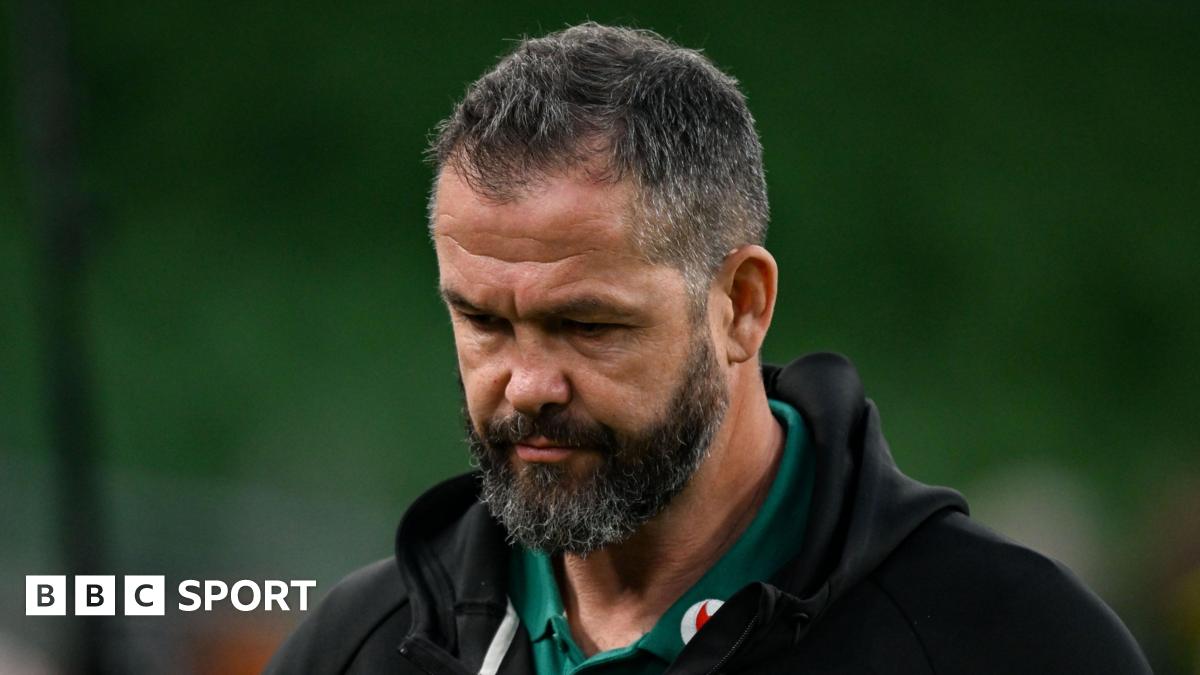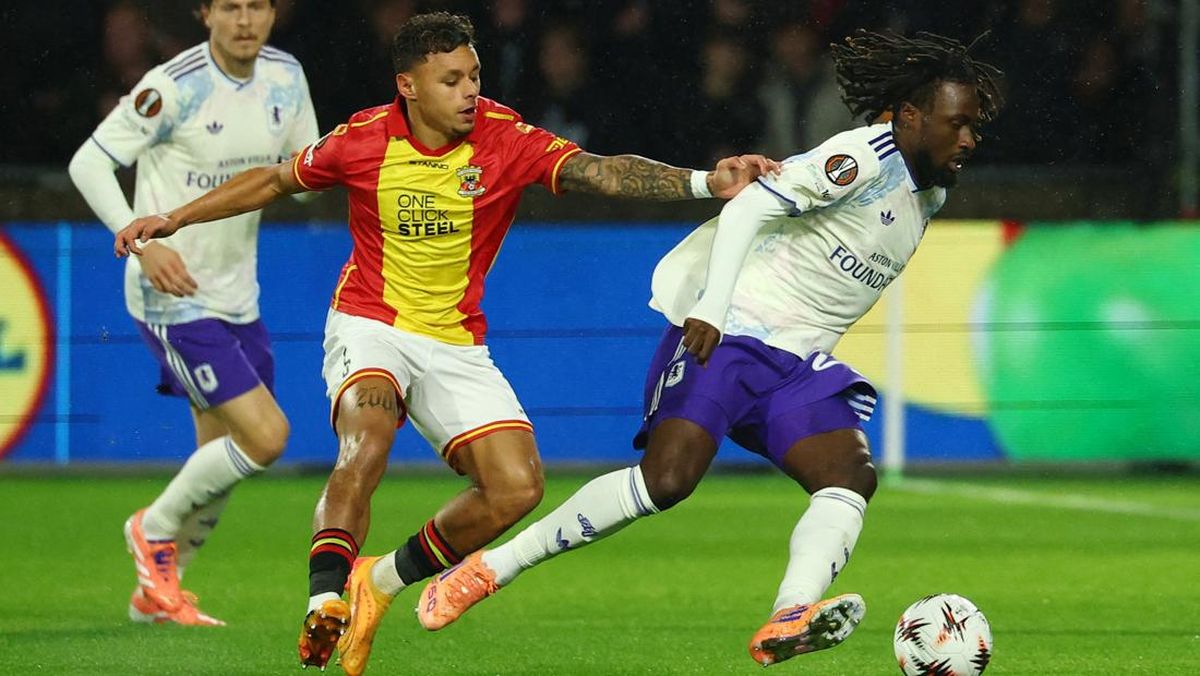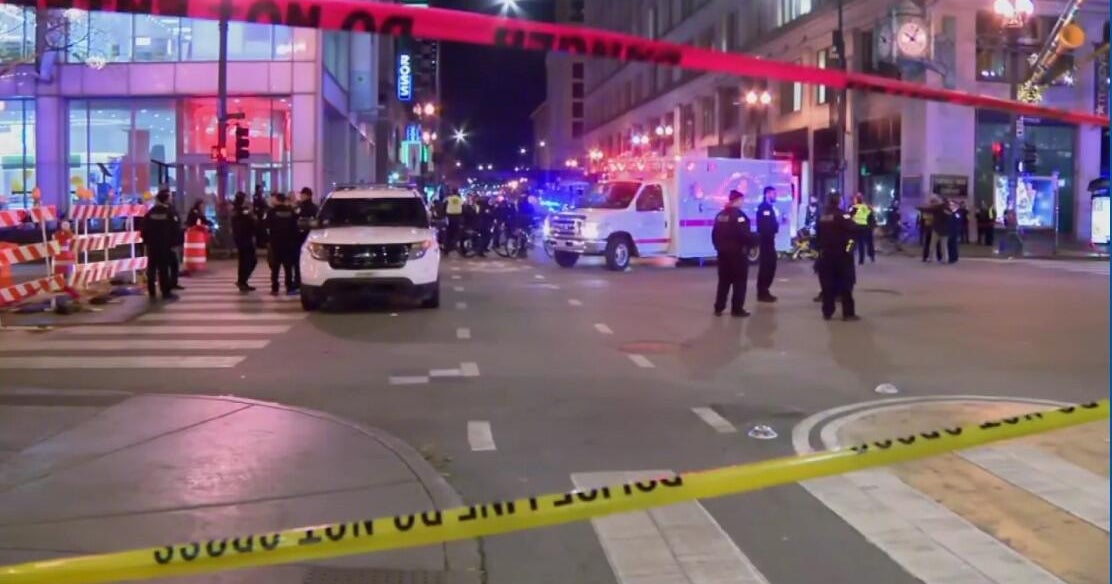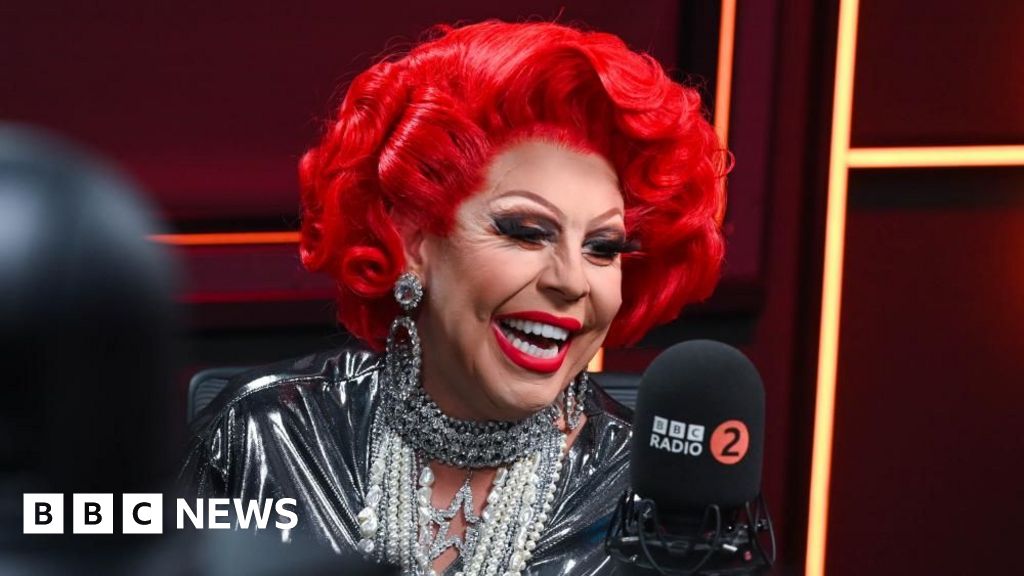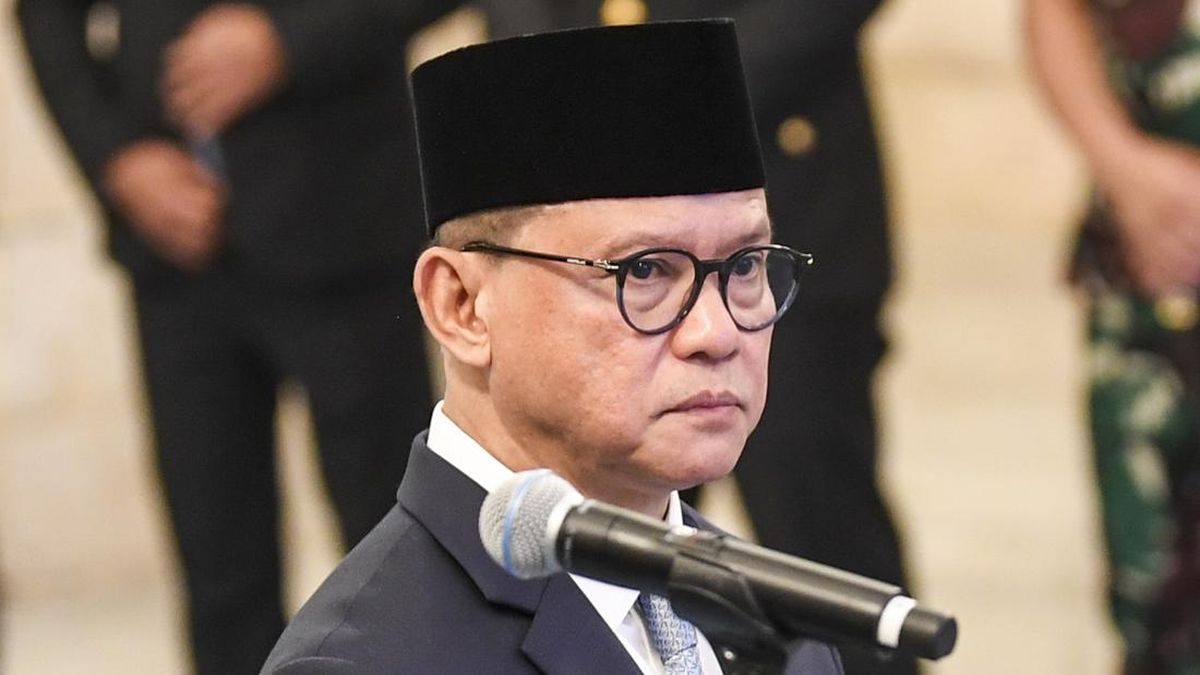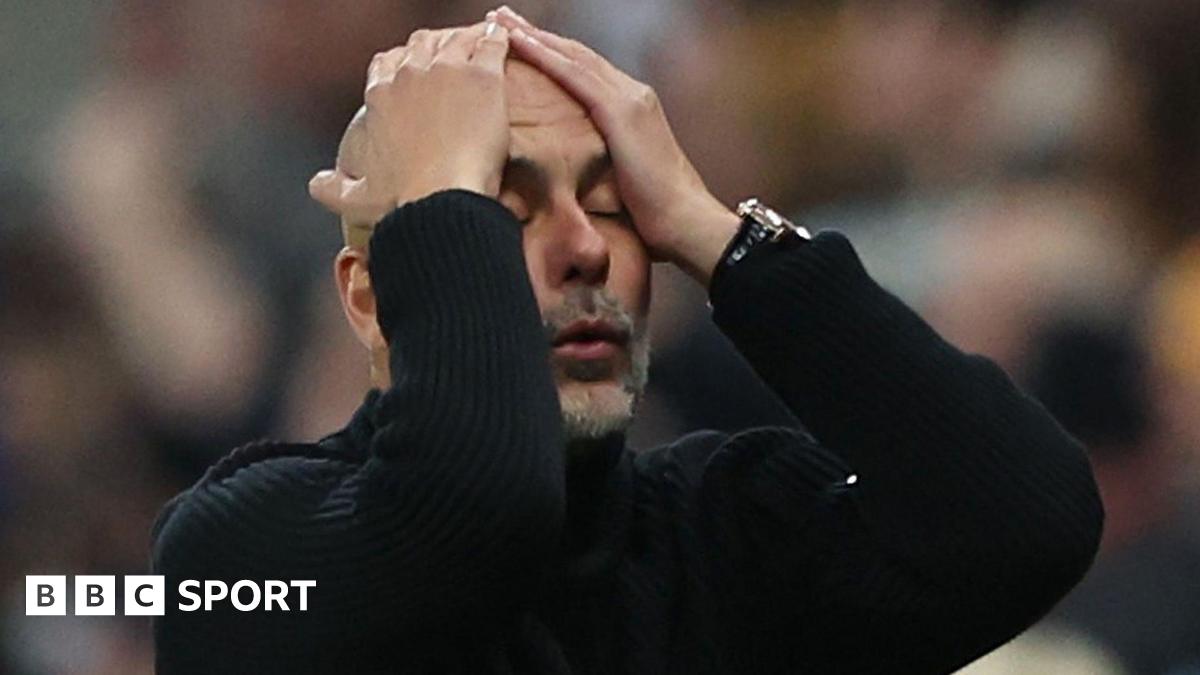London: The glamorous blonde model wearing the latest summer style turned heads when she was spotted in the pages of Vogue.
She is now making headlines – as the invention of a design team who used artificial intelligence to create a flawless face. She has no name, demands no pay – and can change outfits at the click of a button.

The AI model was designed for a Guess campaign by London firm Seraphinne Vallora.Credit: @seraphinnevallora/Instagram
The AI model has rocked the fashion world after clothing giant Guess hired a small London agency to promote its summer range with a virtual model who looks uncannily authentic.
Vogue said that while the AI model was not an editorial decision, it was the first time an AI-generated person has featured in the magazine, the BBC reported.
Now the real models of London are speaking out in a bid to stop rampant technology taking their jobs.
A new petition is urging political leaders to toughen the controls on AI so it cannot be used to copy the images of real people and feed them into a software program that draws on this raw material to create its virtual humans.
The British Fashion Model Agents Association, which represents agencies with about 7000 models on their books, fears the trend will mean people lose control of a system that absorbs everyone and everything.
“It is a threat to the industry,” says John Horner, a longstanding agent who chairs the industry group.
“And it’s not just a threat to the models – it’s also a problem for the photographers, the stylists and others. It is a danger to the entire industry, there’s no doubt about that.”
Horner tells this masthead that the petition has been signed by 2000 models, but he admits that most do not want their names used in a public campaign.
The most famous models can usually control the way their images are used because they have brand power and legal teams to take on anyone who copies their personal content – such as their image.
Models who do not have that fame, says Horner, may not even be aware that photographs of their work are being “scraped” from the internet by search engines and used to create the images. Nobody can be sure whose eyes, lips, ears and cheekbones have shown up in an AI model.
The company behind the Guess campaign, London firm Seraphinne Vallora, said it developed 10 draft models using AI so the client could choose the ones it preferred.
The founders of the firm, Valentina Gonzalez and Andreea Petrescu, told the BBC they were approached by Guess on Instagram and asked to create the AI model for the summer campaign.
The BBC report set off a media avalanche around the world, as networks from CNN to the ABC picked up the story, but the attention has not led to any consensus on what to do about the tech trend.
The Guess campaign came soon after a similar media flurry over a blonde, blue-eyed social media influencer who gained 160,000 followers by posting pictures of herself enjoying the tennis at Wimbledon.
The influencer, named Mia Zelu, was an AI creation.
Some worry that AI will deepen the problem of unrealistic beauty standards, while others focus on the threat to jobs.
Horner worries that British law will make it too easy for AI to flout copyright law. He says the threat to models has parallels with the problems facing other creative industries.
Writers have objected to their works being copied and “scraped” so the material can be used by AI, which means the creators lose control of their work and see it plagiarised by a machine.
The UK government differs from those in the US and the European Union in seeking to allow tech platforms to use the intellectual property rights of individuals as material for AI platforms. It wants an “opt out” system that assumes individuals accept the situation unless they explicitly object.
Authors, musicians, actors and photographers have criticised the government’s approach. The government has struggled to pass its draft law, which was rejected for the fourth time in the House of Lords in June.
Now the Guess advertising campaign is highlighting the risks for models, as well.
“Without clear protections, models face their images being used without consent or compensation and there could be a dramatic loss of jobs within the industry,” the petition says.
Horner is more blunt. “It’s a major concern for all of the creative industries,” he says. “And if the UK government has its way, it will be a free for all.”
Get a note directly from our foreign correspondents on what’s making headlines around the world. Sign up for our weekly What in the World newsletter.
Most Viewed in World
Loading



